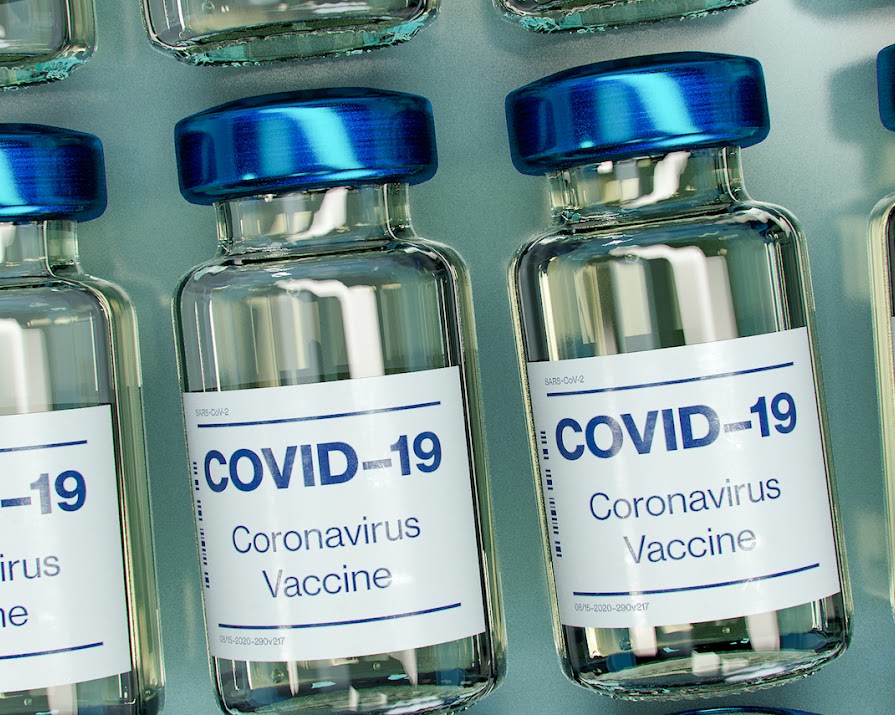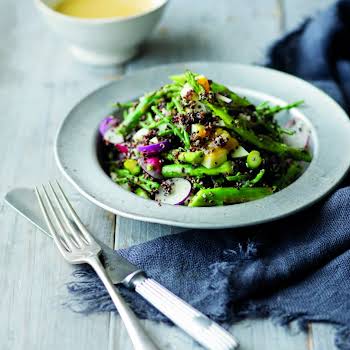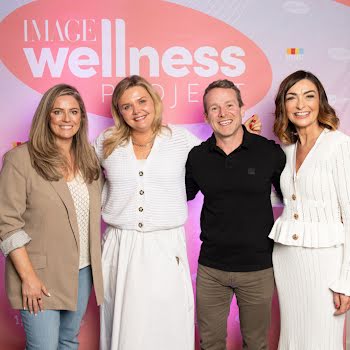
By Jennifer McShane
23rd Nov 2020
23rd Nov 2020
Pharma companies Pfizer, BioNTech and Moderna exceeded expectations over the past 10 days when they announced two separate coronavirus vaccine candidates were more than 90 per cent effective in clinical trials with a third at 70%. While we are a long way from being out of the woods yet, it’s hard not to have a sense of optimism; early indicators look very promising
Whether a vaccine works is one thing, whether it lasts is another but soon we should know those answers, with the contenders saying they should have more data by December. So far, the three leading candidates are:
Moderna:
Reports say there’ll be limited quantities in the US by end of 2020, and globally from next April. Moderna’s efficiency rate currently stands at a 95% rating. Moderna’s vaccine must be stored at minus 20 degrees celsius and is stable for 30 days. Moderna is planning on applying for approval in the US in the coming weeks before seeking approval from various countries around the world.
Pfizer-BioNTech:
Pfizer-BioNTech hits 95 per cent in terms of efficacy, while it also works safely on the over-65s. Pfizer’s vaccine must be kept frozen at minus 70 degrees Celsius or below and is stable for five days in a refrigerator.
Known as an RNA vaccine, both Moderna and Pfizer approaches involve injecting a small part of the virus’ genetic code into the body to train the immune system to fight off any further possible infections. Pfizer applied for emergency approval of their Covid vaccine from the US regulators on Friday 20 November. It hopes to supply 50 million doses worldwide of the vaccine this year if successful.
Both vaccines require two doses of the vaccine: Pfizer three weeks apart, and Moderna four weeks apart.
Oxford University-AstraZeneca:
Interim data suggests 70% protection, but the researchers say the figure may be as high as 90% by tweaking the dose.
The Oxford vaccine is an adenoviral vaccine, which takes a harmless virus and genetically modifies it to resemble Covid to seek a response from the immune system. Early results from the Oxford trials show a strong immune response in older adults, in their 60s and 70s.
It also has crucial advantages that make it easier to use over the other two contenders, even while the initial trial results were not as high. It can be stored at fridge temperature, which means it can be distributed to every corner of the world, unlike the Pfizer/BioNTech and Moderna vaccines, which need to be stored at much colder temperatures. The Oxford vaccine, at a price of around £3, also costs far less than Pfizer’s (around £15) or Moderna’s (£25) vaccines.
Among the key questions is of course, how much of each is needed to provoke immunity, how long they will last, potential side effects (no major ones have been reported from the three main vaccine contenders as yet) and if they are safe enough for the elderly.
We may not have all the answers just yet, but the horizon is looking a hell of a lot more promising than the year that was 2020.
Main photograph: Unsplash
Read more: Everything you need to know about Covid-19 testing at Dublin Airport
Read more: NPHET to give formal advice to Government on Christmas in two weeks























